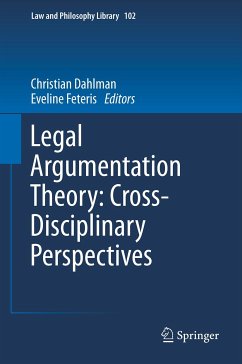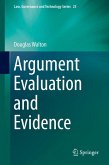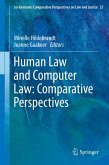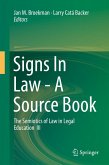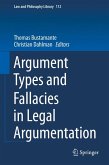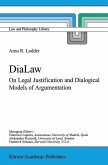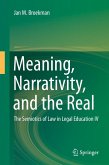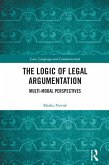Dieser Download kann aus rechtlichen Gründen nur mit Rechnungsadresse in A, B, BG, CY, CZ, D, DK, EW, E, FIN, F, GR, HR, H, IRL, I, LT, L, LR, M, NL, PL, P, R, S, SLO, SK ausgeliefert werden.
"This collection of essays on legal argumentation theory should attract a broad audience of scholars from legal philosophy, argumentation, and logic. This book offers a broad range of theoretical essays that would be appropriate either as a textbook or for supplemental readings for an advanced level class on legal argumentation. ... the volume should be useful and pertinent for theorists who study legal argumentation in those locations." (Janice Schuetz, Journal of Argument in Context, Vol. 32 (2), 2014)

